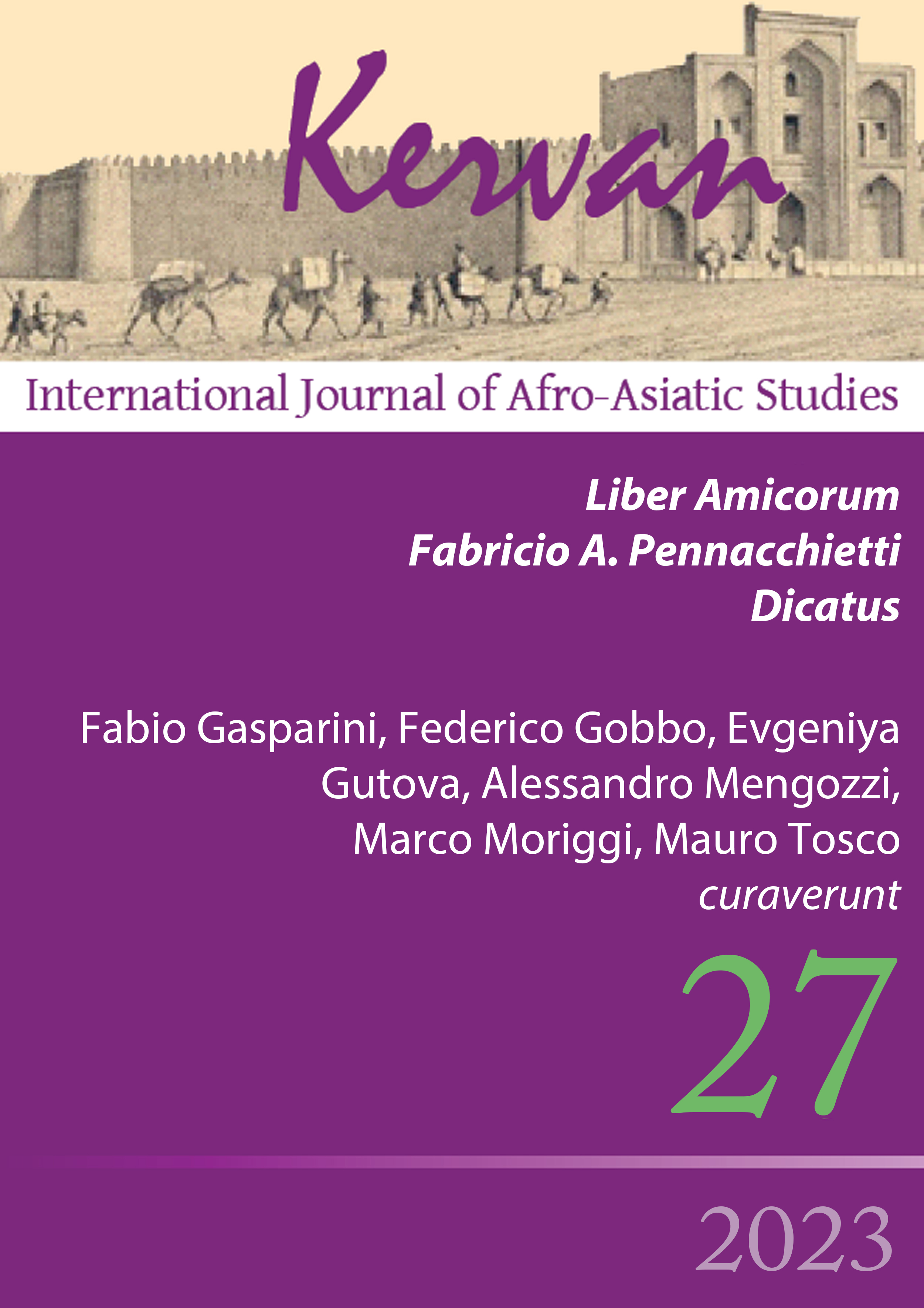Interlingvistiko retrospektive kaj prospektive: Panoramo pri la originala kontribuo de Fabrizio Pennacchietti al la disciplino
DOI:
https://doi.org/10.13135/1825-263X/8255Abstract
Interlinguistics is one of the oldest branches of Linguistics; nonetheless, its definition and area of application struggles to be accepted by the academe, since its beginning, because it breaks a seldom admitted taboo of linguists, i.e. the fact that even if the capability of languages is natural in the sense that human beings are biologically programmed to learn languages, the languages they are learning are defined by the societies they happen to live in. Therefore, ultimately, all human languages should not be defined as ‘natural’ but as ‘ethnic’, ‘national’, in case they are consciously planned – in the sense of language planning – by ethnic or national groups, or ‘ethic’, ‘international’, or other adjectives, if defined and shaped by communities of practice that are not identifiable with an ethnic or national group, such as, for example, the Esperantists. This contribution illustrates the consequences of this epistemological and ethical standpoint, elicited from the vast rather often neglected literature in interlinguistics that Fabrizio Pennacchietti published in his long and fruitful academic career.
Downloads
Downloads
Published
Issue
Section
License
Gli autori che pubblicano su Kervan accettano le seguenti condizioni:
- Gli autori mantengono i diritti sulla loro opera e cedono alla rivista il diritto di prima pubblicazione dell'opera, contemporaneamente licenziata sotto una Licenza Creative Commons - Attribuzione che permette ad altri di condividere l'opera indicando la paternità intellettuale e la prima pubblicazione su questa rivista.
- Gli autori possono aderire ad altri accordi di licenza non esclusiva per la distribuzione della versione dell'opera pubblicata (es. depositarla in un archivio istituzionale o pubblicarla in una monografia), a patto di indicare che la prima pubblicazione è avvenuta su questa rivista.


 The articles that have appeared on Kervan since 2016 are rated as Class A in the system of National Scientific Qualification (ASN, disciplines 10/N1 and 10/N3).
The articles that have appeared on Kervan since 2016 are rated as Class A in the system of National Scientific Qualification (ASN, disciplines 10/N1 and 10/N3). The journal has been approved for inclusion in DOAJ. The DOAJ listing of the journal is available at
The journal has been approved for inclusion in DOAJ. The DOAJ listing of the journal is available at  The journal has been approved for inclusion in ERIH PLUS. The ERIH PLUS listing of the journal is available at
The journal has been approved for inclusion in ERIH PLUS. The ERIH PLUS listing of the journal is available at  Kervan was just accepted for indexing in SCOPUS. This important milestone ensures that articles published in Kervan are easily found when searching for library, archives and Information science and it enables Kervan authors to keep track of how often their article has been cited by others.
Kervan was just accepted for indexing in SCOPUS. This important milestone ensures that articles published in Kervan are easily found when searching for library, archives and Information science and it enables Kervan authors to keep track of how often their article has been cited by others.

